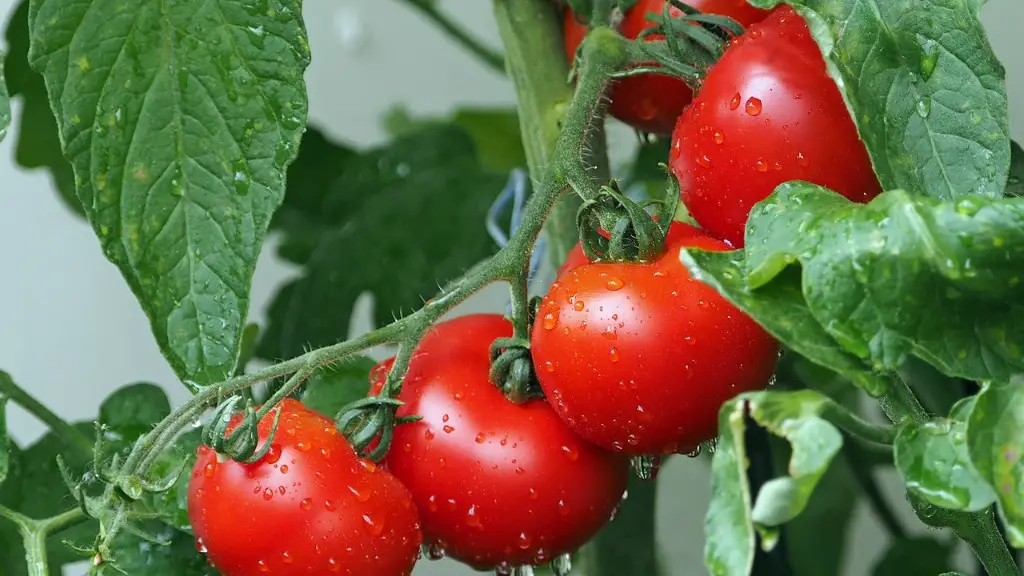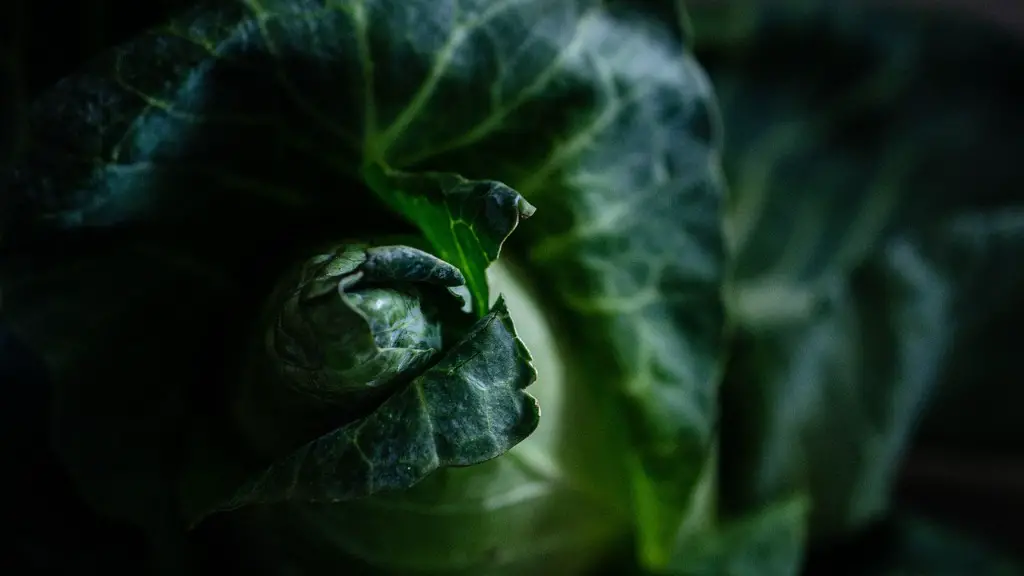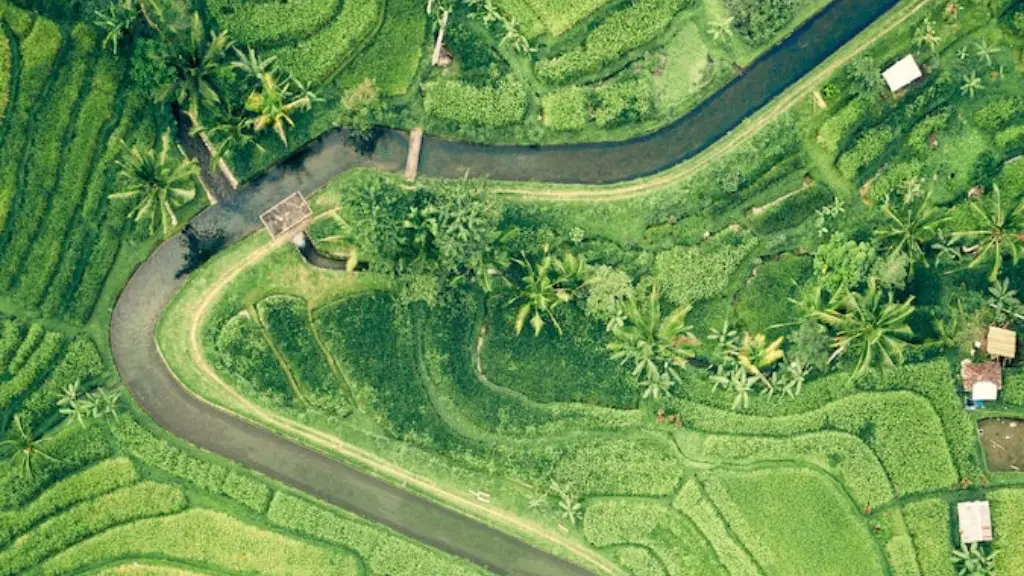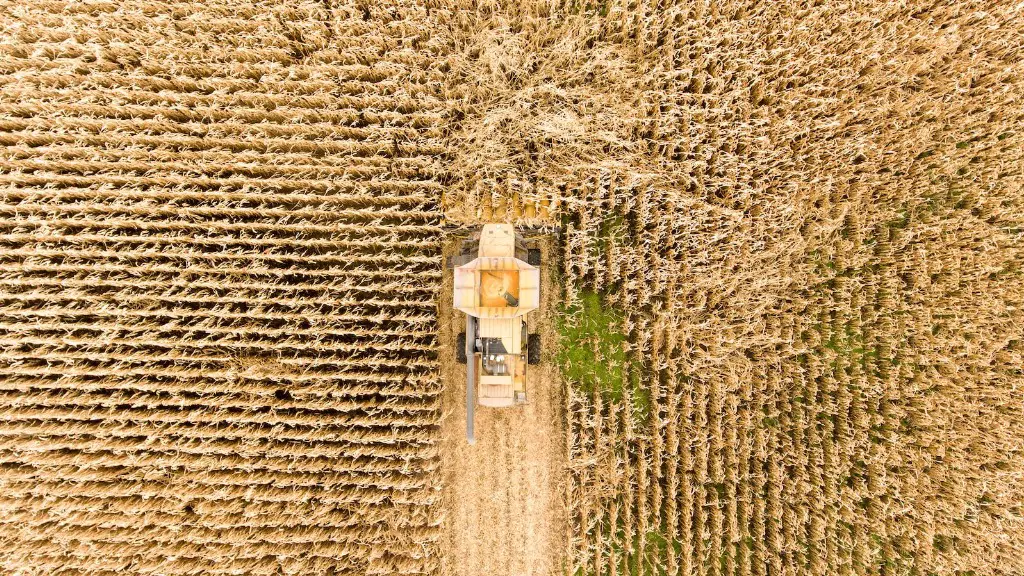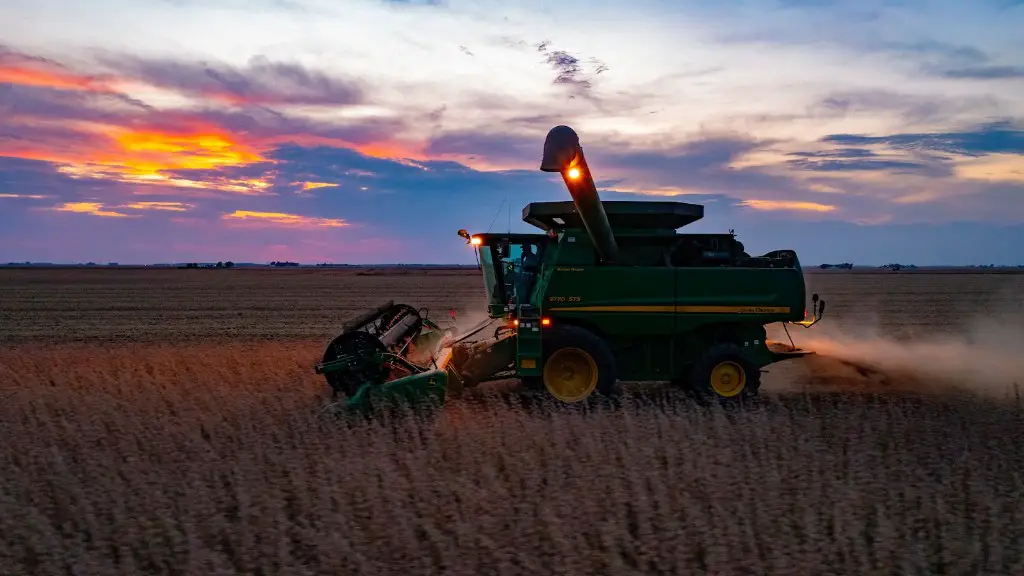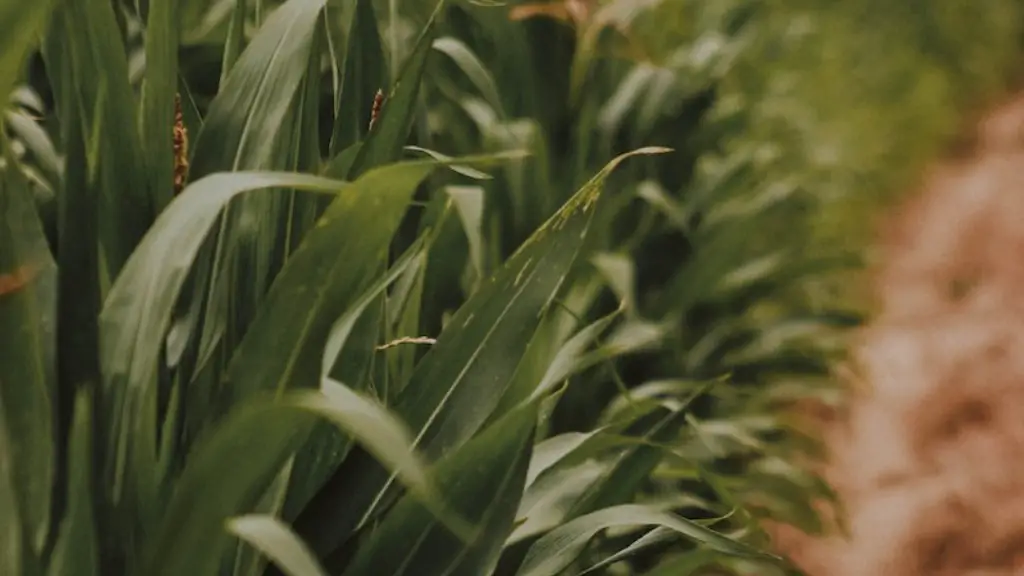The Minister of Agriculture is a significant part of government leadership in agricultural production. This official’s duties are vast, but can be divided into three broad categories: facilitating the extension of agricultural technology, maintaining economic efficiency of agricultural production, and protecting consumer rights in the food industry.
Technological development is an essential part of developing better agricultural production. The Minister of Agriculture is responsible for managing and improving the accessibility of farming technology, including agrochemical systems, fertilizers and machinery. The Minister also frames agricultural subsidies–incentives for specific types of agricultural production–as a way of promoting best agricultural practice amongst farmers.
The Minister is also responsible for boosting and safeguarding agricultural productivity, both in terms of quality and quantity. This involves making sure that, in terms of food production, the country’s circumstances reach the highest potential. To achieve this, the Minister must be aware of agricultural developments and create policies geared towards optimization.
Finally, the Minister is accountable for protecting consumer rights when it comes to food safety. This requires the enforcement of food quality protocols both in government- and privately-run food production outlets, the regular evaluation of national food supply policies, and the overseeing of labeling and packaging regulations, and schemes such as the ‘Good Agricultural Practices’ program.
Regulating Farming Practices
The Minister is responsible for ensuring farmers in the country abide by agricultural regulations, as well as exploring tactical solutions for farmers to practice more effective farming methods. This includes the implementation of environmental protection protocols, such as the conservation of soil, water resources and biodiversity. The Minister has to make sure proper pest control protocols are in place, and provide guidance and support in the right use of reliable farming techniques.
The Minister must also manage farming trade relationships between local communities and other countries. This involves encouraging the increased production and export of agricultural products from the country, together with maintaining sustainable and fair pricing of products. Such policies need to be managed by the Minister and their staff in order to ensure the country’s agricultural industry gains the best returns for its efforts.
As part of their role, the Minister is liable for examining, updating and enforcing farming laws. These are most likely health and food security regulations or laws surrounding the ownership and management of agricultural land. The Minister and their team additionally ensure policies remain updated in accordance with governmental health and safety regulations.
The minister also examines policy schemes to encourage the correct and equitable management of systems and resources. This will involve identifying, tackling and preventing farm issues, such as cases of unfair labor provision and the impact of trade deals. In doing so, the minister helps farmers maximize their benefits to the country.
Facilitating Access to Resources
The Minister must also facilitate access to resources, including water, land, equipment and funding, to farmers. The maximum utilization of land is one of the main duties of the Minister in order to make sure it’s productive and appropriately managed. This requires up-to-date research into the best use of resources, creating policies about land tenure, and the alteration of tax laws.
The Minister and their team also ensure the necessary funds are available to sustain the agricultural industry, from small communites to large industries. This may include long-term tax reforms, the availability of credit from banks, access to machinery and crop insurance, and grants from the government. They also must monitor the financial aspects of larger industries and firms to assure any government funds are spent with transparency and integrity.
In addition, the Minister is responsible for improving regional transport systems and infrastructure to facilitate the delivery and supply of agricutural products. They will foster the development of modern transportation systems to lead to greater market accessibility, as well as encouraging organized marketing of agricultural output. This allows farmers to strengthen their profitability and build their influence in the market.
The Minister of Agriculture plays an essential part in ensuring sustainable development in farming. This can be done by aiding farming families, which is achieved through the support of micro-finance options, as well as making available risk-assessment tools and insurance policies. These are just a few of the duties of a Minister of Agriculture.
Improving Communication and Marketing
The Minister needs to promote the agricultural industry by improving communication and cooperation between farmers, academics, industry specialists and local communities. The Minister must ensure accurate data is collected and produced by using local resources. They are also answerable for actively sustaining programs that revolve around diversification and product diversification. This ensures products are marketed correctly and correctly priced.
The Minister also provides recommendations for improving agricultural productivity based on research and evidence. This includes research into what needs to change to address the current economic climate, or to raise global competitiveness of domestic farmers. In order to keep abreast of industry changes and developments, the Minister has to analyze a wide variety of sources.
The Minister likewise has to build good relations with international organizations, line ministries, and donor agencies.This will aid in the international and local acquisition of advice, technical training and resources.The Minister also needs to utilize a variety of media to get the message out on agricultural developments and to set up workshops around agriculture-related topics like food safety, nutrition, food security and waste reduction.
The Minister’s team is responsible for finding and coordinating the organization of international conferences and events and creating a platform for various contacts, such as farmers, research centers, non-government organizations and technology-based companies. This is to raise awareness about the government’s plans for agricultural development, as well as to help create and maintain a sustainable living for communities involved in farming.
Managing Agriculture Funding
The Minister is also responsible for allocating grants and budgets to projects related to agricultural development and sustainability. This includes managing various departments, monitoring their progress and maintaining an action plan for efficient use of limited financial resources. The Minister will also have the authority to grant loans and subsidies to farmers.
The Minister is responsible for facilitating information and communication between the different divisions of the ministry, as well as other executive branches. This requires the use of the most up-to-date communication technologies in order to guarantee optimum efficiency and speed. In addition, the Minister must build partnerships with the private sector and with foreign governments.
The Minister must also create and implement methods for monitoring how agricultural subsidies are used, such as controlling budgets, writing reports, and gathering data and statistics. The Minister will have to report to the relevant governing body on the overall state of agricultural development.
The Minister also oversees the development and implementation of food security plans, which involve formulating strategies and plans to reduce food production challenges, secure access to food and prevent losses due to pricing and marketing.
Supervising Industry Practices
The Minister of Agriculture is responsible for the development and implementation of strategies and regulations to oversee the agricultural industry. This includes creating a unified national agricultural quality assurance program, understanding market trends, supervising industry practices and pledging to ensure safe consumption of food products.
The Minister additionally has to supervise the handling and distributing of food, and develop programs for evaluating agricultural inputs and commodities. Furthermore, the Minister is liable for generating regulations over the worldwide transfer of agricultural goods and solutions.
The regulation of agricultural services and solutions is important to ensure food production is carried out in a secure and well-organized environment. The Minister must stick to international guidelines for trade, such as those issued by the World Trade Organization (WTO). Inspections must be conducted regularly to guarantee optimal standards and quality requirements.
The Minister should also be in control of introducing initiatives that safeguard food safety, such as the hazard analysis and critical control points (HACCP) system. Working with different divisions of the Ministry, the Minister is appointed with the responsibility of checking and certifying food safety systems such as ISO 22000 and Codex Alimentarius.
The Minister furthermore has to adopt and enforce a proper seed certification and seed trade policy. These regulations should cover a feasible system of verifiable seed production, acreage limits, testing, labeling, and tracking. All of these elements are essential for the efficient transfer of seeds and protecting farmers from the consequences of a faulty seed industry.
